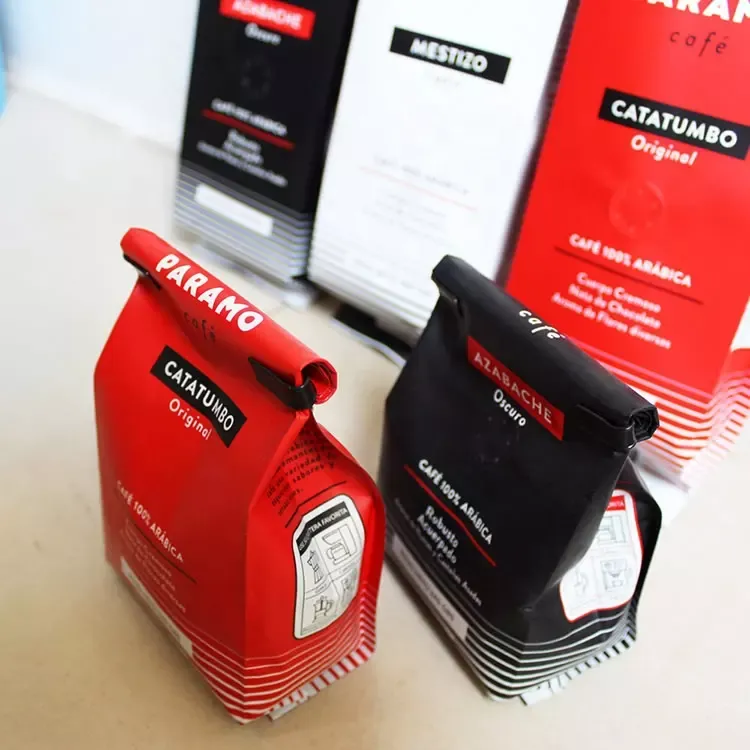- Afrikaans
- Albanian
- Amharic
- Arabic
- Armenian
- Azerbaijani
- Basque
- Belarusian
- Bengali
- Bosnian
- Bulgarian
- Catalan
- Cebuano
- chinese_simplified
- chinese_traditional
- Corsican
- Croatian
- Czech
- Danish
- Dutch
- English
- Esperanto
- Estonian
- Finnish
- French
- Frisian
- Galician
- Georgian
- German
- Greek
- Gujarati
- haitian_creole
- hausa
- hawaiian
- Hebrew
- Hindi
- Miao
- Hungarian
- Icelandic
- igbo
- Indonesian
- irish
- Italian
- Japanese
- Javanese
- Kannada
- kazakh
- Khmer
- Rwandese
- Korean
- Kurdish
- Kyrgyz
- Lao
- Latin
- Latvian
- Lithuanian
- Luxembourgish
- Macedonian
- Malgashi
- Malay
- Malayalam
- Maltese
- Maori
- Marathi
- Mongolian
- Myanmar
- Nepali
- Norwegian
- Norwegian
- Occitan
- Pashto
- Persian
- Polish
- Portuguese
- Punjabi
- Romanian
- Russian
- Samoan
- scottish-gaelic
- Serbian
- Sesotho
- Shona
- Sindhi
- Sinhala
- Slovak
- Slovenian
- Somali
- Spanish
- Sundanese
- Swahili
- Swedish
- Tagalog
- Tajik
- Tamil
- Tatar
- Telugu
- Thai
- Turkish
- Turkmen
- Ukrainian
- Urdu
- Uighur
- Uzbek
- Vietnamese
- Welsh
- Bantu
- Yiddish
- Yoruba
- Zulu
Best Vacuum Sealers for Commercial Food Preservation and Storage Solutions
The Benefits of Commercial Vacuum Sealers for Food Preservation
In the world of food preservation, commercial vacuum sealers have become an essential tool for businesses ranging from restaurants to grocery stores. These devices use vacuum technology to remove air from food packaging, significantly extending the shelf life of various food items. By understanding the benefits and operational mechanisms of commercial vacuum sealers, food industry professionals can enhance their efficiency, save money, and promote food safety.
Understanding Vacuum Sealing
Vacuum sealing involves placing food in a plastic pouch and removing the air using a vacuum sealer. The process not only prevents air exposure but also eliminates moisture, which is a key factor in food spoilage. By creating a tight seal around the food, vacuum sealers inhibit the growth of bacteria, molds, and yeast, thereby preserving the food's quality for much longer compared to traditional storage methods.
Extended Shelf Life
One of the primary advantages of commercial vacuum sealers is the extended shelf life they provide. Vacuum sealing can keep food fresh for months, or even years, depending on the type of food. For example, vacuum-sealed meats can last up to five times longer in the freezer than their counterparts stored in conventional packaging. Likewise, fruits and vegetables can be preserved without losing their nutritional value, flavor, or texture. This extended longevity translates to fewer wasted resources and money for businesses that rely on bulk food storage.
Cost-Effectiveness
Investing in a commercial vacuum sealer can lead to significant cost savings for food businesses. By extending the freshness of products, businesses can reduce spoilage and thereby minimize losses associated with wasted food. Furthermore, vacuum sealing allows for bulk purchasing; businesses can buy larger quantities of food at wholesale prices and store them for future use without the fear of spoilage. This strategy not only enhances profitability but also enables better inventory management and planning.
commercial vacuum sealers for food

Improved Food Safety
Food safety is a critical concern in the food industry. Vacuum sealing helps mitigate risks related to food contamination. By removing oxygen and sealing food items tightly, vacuum sealers reduce the chances of bacteria such as Salmonella and E. coli proliferating. Additionally, vacuum sealing is beneficial for sous-vide cooking, a technique that involves cooking food in a vacuum-sealed bag in a water bath at precise temperatures. This method not only preserves the food but also enhances its flavors while ensuring safety.
Versatility and Convenience
Commercial vacuum sealers are incredibly versatile. They can be used for a wide range of food items, including meat, fish, fruits, vegetables, and even dry goods like rice and nuts. Moreover, they can accommodate various sealing needs, including marinating meats and bulk food storage. This versatility makes them suitable for diverse culinary applications, whether in catering, food production, or home kitchens.
Eco-Friendly Solution
In an age where environmental sustainability is a priority, vacuum sealing presents an eco-friendly option for food storage. By extending the shelf life of food, it minimizes food waste, a significant contributor to environmental degradation. Additionally, vacuum-sealed bags can be reused or recycled, aligning with sustainable practices and reducing the environmental footprint of food businesses.
Conclusion
Commercial vacuum sealers represent a transformative approach to food preservation and storage. Their ability to extend shelf life, promote food safety, and provide versatility makes them indispensable in the culinary industry. As businesses seek to enhance their operations and adopt more sustainable practices, investing in commercial vacuum sealers can lead to a more efficient, profitable, and environmentally friendly food service. Embracing this technology not only preserves food but also encourages innovation and excellence in food management.













